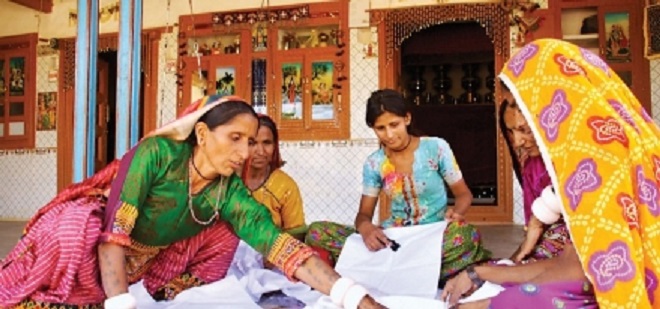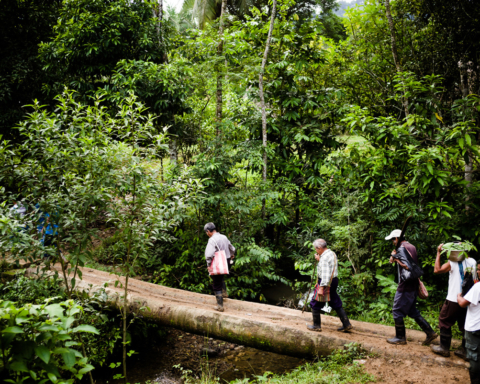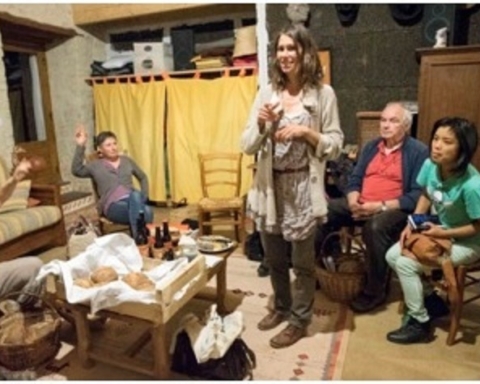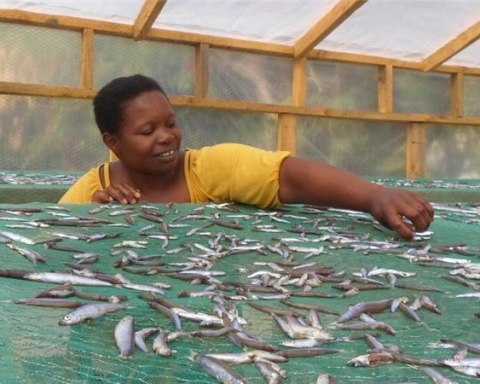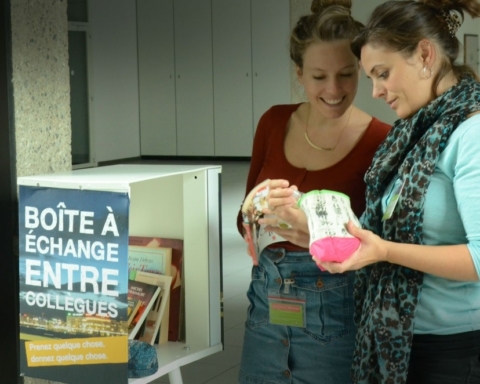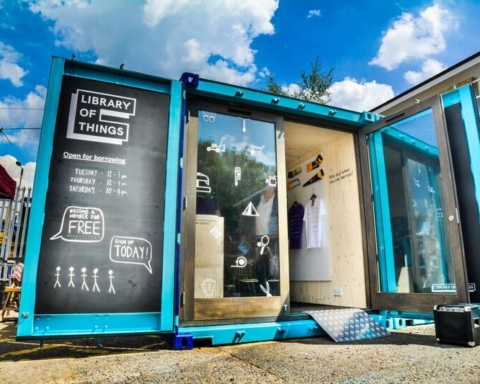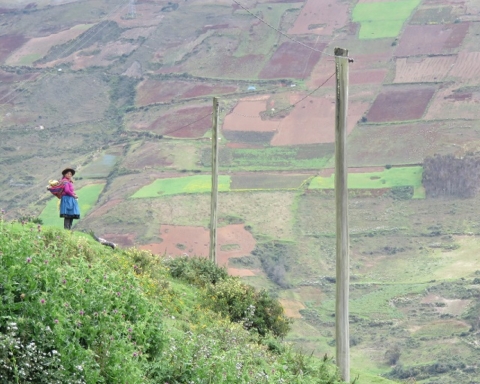A cooperative encourages rural development and poverty reduction in India through local initiatives whose goal is to empower women and youth living in rural areas. This broadly the objective of SEWA (Self Employed Women Association) based in the western state of Gujarat.SEWA was launched in 1972 as a cooperative for women street vendors and has grown in 1974 by the setting up of a Cooperative Bank. Today, SEWA is a large network of cooperatives in different spheres of activity. According one of its founders Ela Bhatt, the driving force of this work comes from the firm belief that “if the poor are organised and built their power, then social marketing can boost the local economy.”
Today, the largest cooperative in the SEWA family is the SEWA Bank which has 125,000 members. Moreover, there are 84 other cooperatives that meet the needs of dairy farmers, artisans, merchants, traders, labourers and other service professionals.
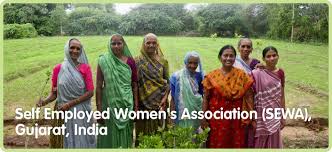 The struggle with the markets was the heart of the mission of SEWA because its members are the smallest entrepreneurs for the local market. The growth of SEWA was a long way to find how these entrepreneurs can exist on the market.
The struggle with the markets was the heart of the mission of SEWA because its members are the smallest entrepreneurs for the local market. The growth of SEWA was a long way to find how these entrepreneurs can exist on the market.
At one level, SEWA has facilitated the exchange of goods between its members. For example, the weavers provide the fabric artisans with embroideries who, in turn, provide women tailors the crafted fabric.
At another level, SEWA has helped its member farmers to sell their grain directly to large buyers in the domestic market, bypassing intermediaries.
Reema Nanavaty is a longtime member of the SEWA team who left a prestigious Indian administration job to work with the association. She considers that their activities are guided by the awareness that the market fundamentalism tends to flourish when markets are under the control of a few.
Strong and vibrant rural communities can play a key role in making improvements in food security and nutrition
SEWA’s response has been to create greater access to credit and a fairer meeting place where buyers and sellers can negotiate the terms of the transaction. For Nanavaty, SEWA has focused on the establishment of institutions that can manage the market process.
The success of SEWA has made it known among international development agencies. It has just signed a new protocol agreement with the Food and Agricultural Organisation (FAO). Based on years of successful partnership, the two organisations wish to intensify joint efforts to strengthen the capacity of poor people so that they can benefit from these rural economies, particularly with regard to the involvement and empowerment of women and youth in rural areas. According to these two organizations, strong and vibrant rural communities can play a key role in making improvements in food security and nutrition.





